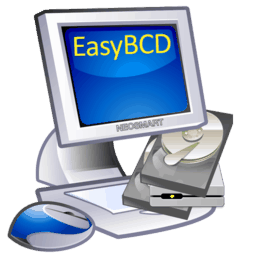The Gigabyte P35-DQ6. Gigabyte’s most-popular motherboard in recent history and possibly the best-selling Intel [[INTC]] Core 2 Duo motherboard currently on the market. It overclocks well, it’s well within budget for a performance PC, it has tons of options, and it’s pretty damn stable. Is it also on the verge of a product recall?
In the past two weeks, the GA P35-DQ6 has been – quite literally – disappearing off shelves both online and offline. Popular online computer part retailers like Newegg, ZipZoomFly, TigerDirect, Fry’s, and Amazon — all of whom carried this highly-successful board a month ago — no longer have it in stock.
What’s even weirder (scarier, even) is that some stores like NewEgg and ZipZoomFly would keep some sort of record of out-of-stock items. The page would still be there, a backorder button would be present, and there would be some form of indication or the other that the product, at the very least, even existed at some point of time… but for some odd reason, they don’t.
We even had the DQ6 in a saved wishlist on NewEgg, and it just vanished from the wishlist without a warning or notification – only the 200-dollar less total alerted us to its absence – whereas an nVidia 8800 GTX model that was currently out of stock presented us with a colored warning in bold, red text at the top of the page.
Continue reading →
 EasyBCD 1.7.1 has just hit the press, our caching engines have been activated, and we’re ready for you to come and get it!
EasyBCD 1.7.1 has just hit the press, our caching engines have been activated, and we’re ready for you to come and get it!